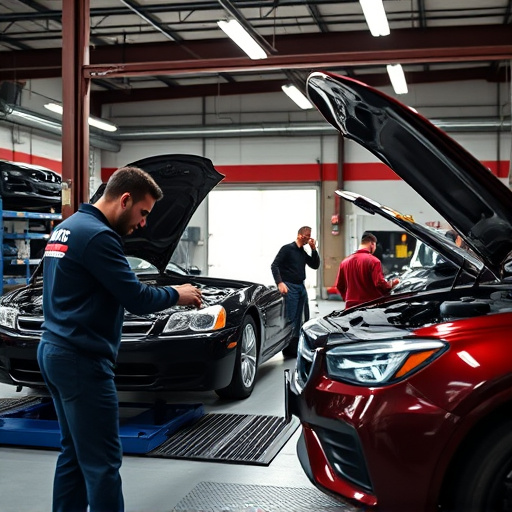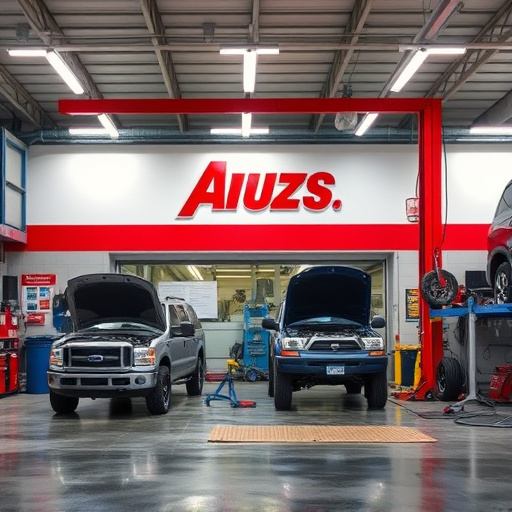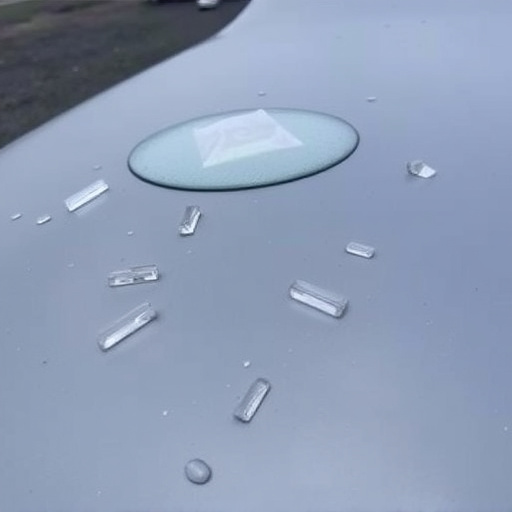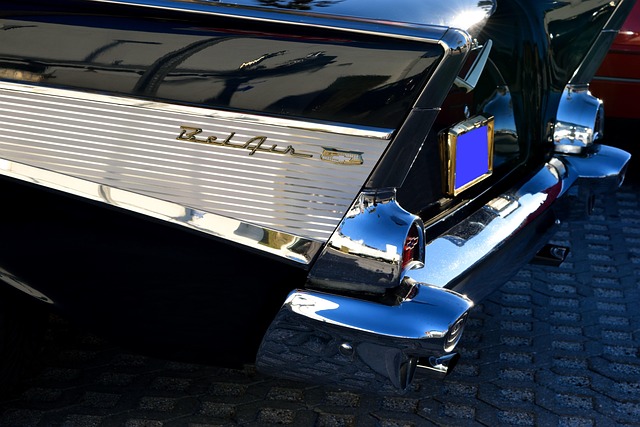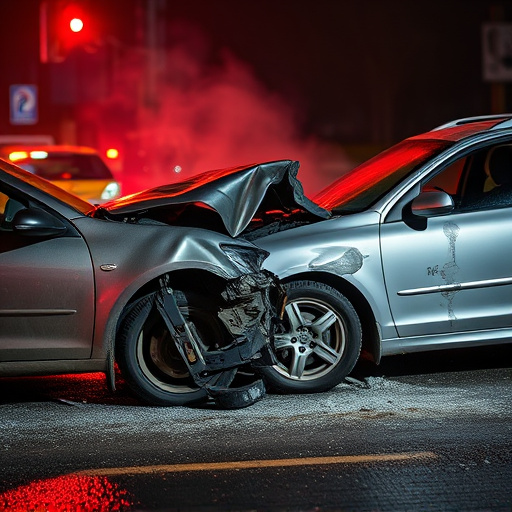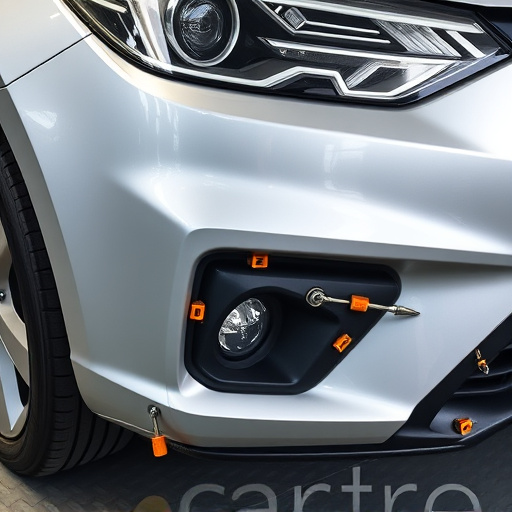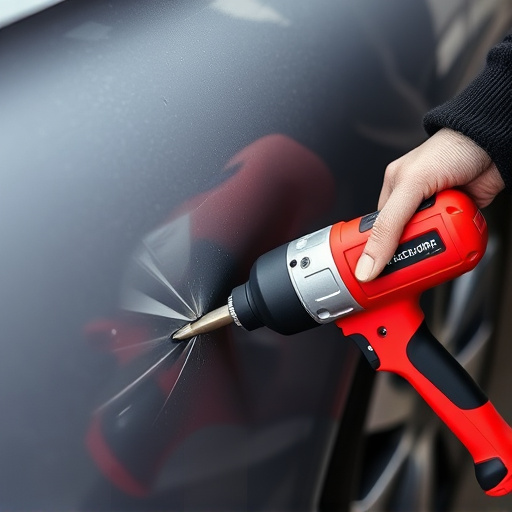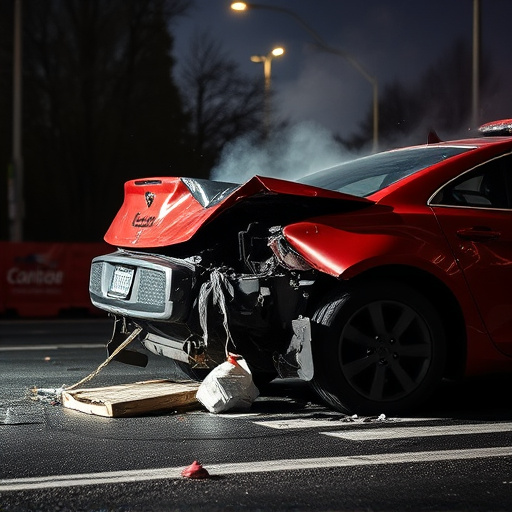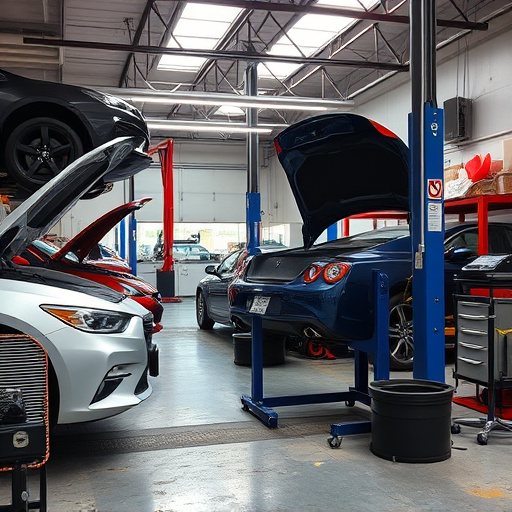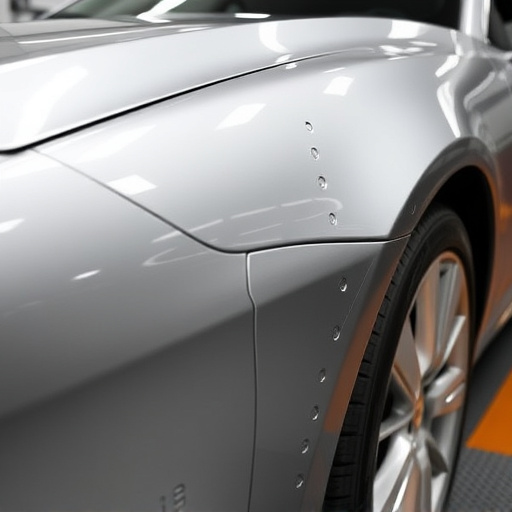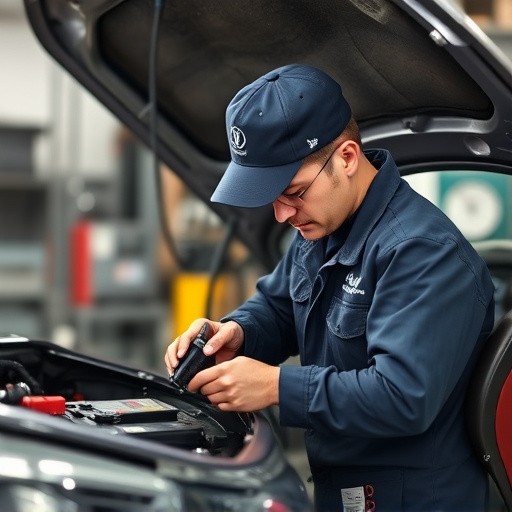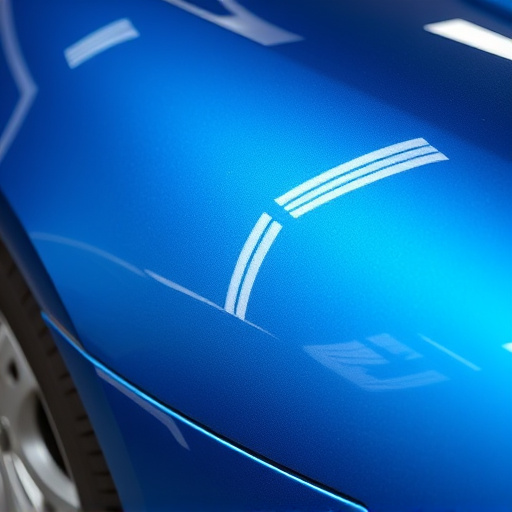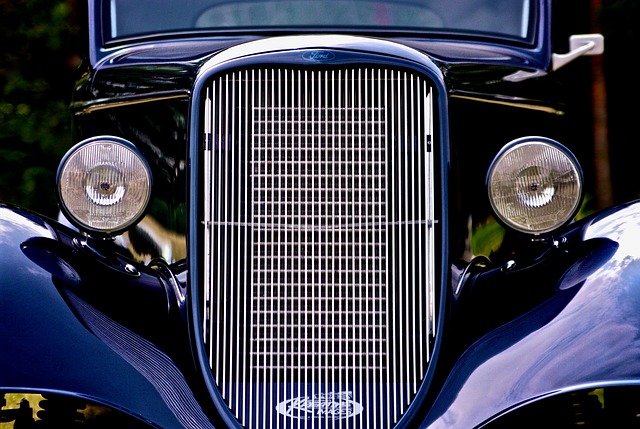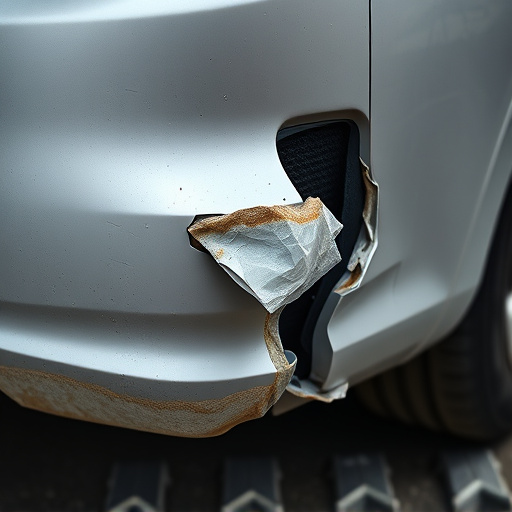Motorcycle collision repair is a specialized art demanding precision and expertise to restore damaged bikes to pre-accident condition. Skilled technicians use advanced tools for structural repairs, frame straightening, engine/transmission replacements, and meticulous paint restoration. High-end brands like Mercedes Benz rely on fleet services for authenticity. This growing industry diversifies auto shops' revenue streams and attracts dedicated customers, driving innovation through advanced technologies and specialized training for technicians.
In today’s world, motorcycle collision repair plays a vital role in auto shops, catering to a unique and growing demand. The process involves specialized techniques and tools to ensure efficient repairs, restoring motorcycles to their pre-accident condition. Auto shops that offer these services gain a competitive edge by attracting a dedicated customer base. This article explores the intricate aspects of motorcycle collision repair, highlighting its impact on auto shop operations, service offerings, and business growth strategies.
- Understanding Motorcycle Collision Repair Process
- Specialized Skills and Tools for Efficient Repairs
- Impact on Auto Shops: Services and Business Growth
Understanding Motorcycle Collision Repair Process
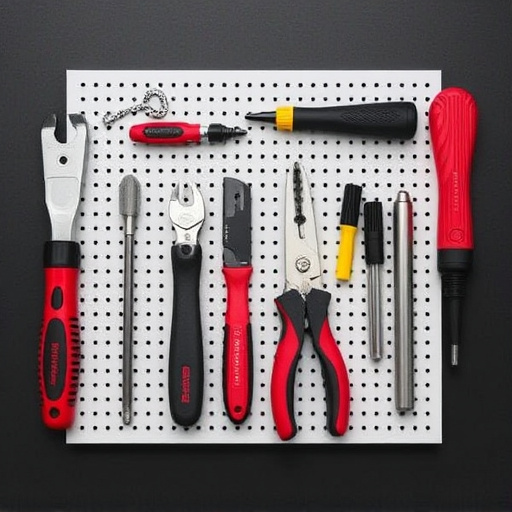
The process of motorcycle collision repair is a specialized art within the auto industry. It involves meticulous steps to ensure that not only the structural integrity of the motorcycle is restored but also its aesthetic appeal. After an accident, a dedicated team assesses the damage, which could range from minor scratches and dents to more significant frame deformations. Advanced diagnostic tools are employed to pinpoint the affected areas accurately.
Once the damage is assessed, skilled technicians embark on the repair journey. This often includes straightening the frame using specialized equipment, repairing or replacing damaged components like engines, transmissions, and brakes, and meticulously restoring the vehicle paint to match the motorcycle’s original finish. For larger operations, fleet repair services might be engaged, especially for high-end brands such as Mercedes Benz, where precision and authenticity are paramount. The goal is to return the motorcycle to its pre-accident condition, ensuring safety and customer satisfaction.
Specialized Skills and Tools for Efficient Repairs
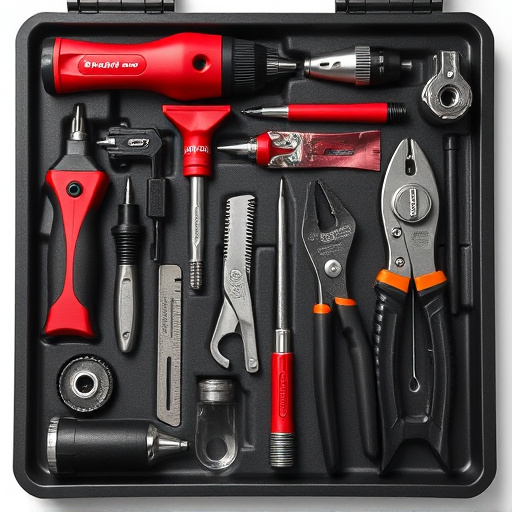
Motorcycle collision repair requires a unique set of skills and specialized tools that are distinct from conventional auto body work. Mechanics in auto shops catering to this niche must be adept at handling intricate metalwork, as motorcycles often feature complex frames and components. The process involves precise cutting, welding, and shaping to ensure the motorcycle’s structural integrity is restored without compromising its performance.
Specialized equipment, such as high-precision welders, metal fabrication tools, and advanced measuring devices, plays a pivotal role in efficient repairs. These tools enable technicians to accurately assess damage, make precise cuts, and seamlessly blend new and repaired sections, often utilizing techniques like paintless dent repair for minor scuffs and dings. Unlike classic car restoration projects, where every detail matters, motorcycle collision repair focuses on structural soundness and safety, ensuring the bike is roadworthy and performs optimally after the fix.
Impact on Auto Shops: Services and Business Growth
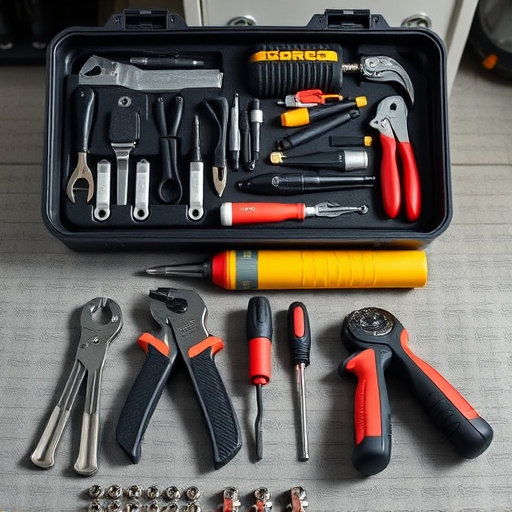
The integration of motorcycle collision repair services into auto shops has significantly transformed their operational landscapes and business prospects. With an increasing number of motorcycles on the road, these shops have recognized the potential for expansion and diversification. Motorcycle collision repair offers a specialized niche within the automotive industry, catering to a unique customer base with distinct needs. Auto shops that embrace this service not only expand their revenue streams but also attract new clients who prefer one-stop solutions for all their vehicle repair needs.
This strategic move has led to a surge in demand for skilled technicians capable of handling specialized repairs like dent repair and scratch repair on motorcycles. As a result, automotive body shops have had to adapt their staffing and training programs to accommodate these new requirements. The growth in motorcycle collision repair services has not only boosted business profitability but also fostered a culture of innovation within auto shops, encouraging them to stay updated with the latest technologies and techniques to ensure top-notch repairs.
Motorcycle collision repair plays a pivotal role in auto shops, expanding their service offerings and driving business growth. By understanding the unique process, investing in specialized skills and tools, auto shops can efficiently cater to the increasing demand for motorcycle repairs. This not only enhances their operational capabilities but also solidifies their position as one-stop solutions for diverse vehicle repair needs.
